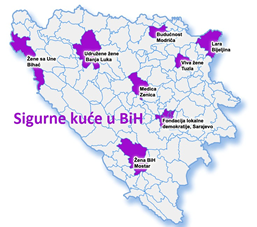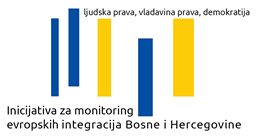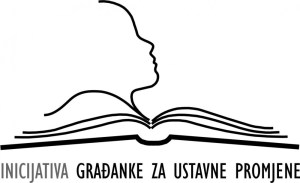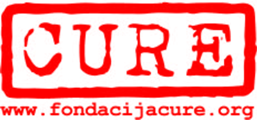For: Delegation of the European Union to Bosnia and Herzegovina
For: Delegation of the European Union to Bosnia and Herzegovina
Richard Masa, Head of Cooperation
Gianluca Vannini, Head of Operations Section III (Social Development, Civil Society
and Cross Border Cooperation)
Ajsa Adrovic-Beslagic, Gender Focal Point
Dear Sir/Madam,
We are addressing you regarding the ongoing programming IPA III Action Documents.
As you know, the current EU Gender Action Plan (GAP) II, and the recently adopted EU GAP III encourage that all EU external financing is informed by gender analysis and consultations with women’s rights groups. Since our and other leading women’s rights organizations, have not been consulted by our government in this process, we are writing to them, but also to you to kindly ask for your political support in addressing the following key issues pertaining to gender equality in IPA III. We hope that you will strongly encourage, even oblige, our government to ensure that the following is included in the forthcoming IPA III programs.
– Ensure that gender analysis has been conducted to inform all programming in accordance with the EU GAP III, including ensuring consultation with women’s rights groups, and, where relevant, compensation for their expertise;
– Allocate funds for the Civil Society Facility, earmarked for supporting the adoption of remaining aspects of the EU Gender Equality Acquis and monitoring government implementation of gender equality commitments, including the gender responsiveness of government programs to address COVID-19;
– As part of planned social development programming, include explicitly activities to facilitate discussions among relevant government officials and women’s rights organizations experienced in providing services related to gender-based violence, to identify the best governmental approach to establishing a permanent budget line for normative state financing of shelters, helplines, and comprehensive rehabilitation and reintegration services, in line with the Istanbul Convention. Then, support the state in institutionalising these services in close consultation and collaboration with women’s rights organizations that have expertise in this, recognizing their expertise;
– Insist on improving labor market participation by including vulnerable groups, such as victims of gender based violence, Roma women, single mothers, and women with disabilities, ensuring equality for all and better coverage of short-time work schemes and unemployment benefits;
– Ensure that economic recovery financing does not focus solely on large businesses, but rather involves support to core social infrastructure essential for human wellbeing, including healthcare, education, care services, and social services, particularly for persons experiencing violence, and environmental protection, towards a lasting recovery that meets diverse, intersectional needs.
– Ensure that women are not left out of programs related to developing skills for green and digital transitions.
We thank you for your attention and support.
Helsinki Citizens’ Assembly Banjaluka
www.hcabl.org
Rights for All
http://rightsforall.ba/
UŽR „Bolja budućnost“ Tuzla
https://www.bolja-buducnost.org/index.php/bs/
Women’s network BiH
https://zenskamreza.ba/








